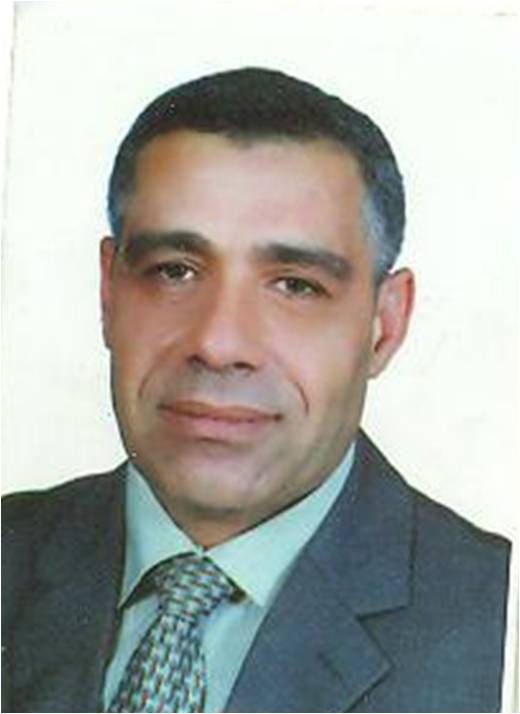Background: Acrylamide is reported for its toxicity on the central and the peripheral nervous system and causes paralysis. Bee venom (BV) and bradykinin-potentiating factor (BPF) have been documented for their potential therapeutic effects as anti-neuroinflammation. The study aimed to ameliorate the neurotoxic effects of acrylamide or chips by using BV or its extracted BPF. Mice were divided into 15 subgroups: control (G1.1, G1.2, G1.3) at 30, 45, and 60 days, respectively; acrylamide- (10 mg/kg b.w.; orally daily) administered subgroup for 30 days (G2.1), 45 days (G2.2), and 60 days (G2.3); chips feeding group (1/3 of daily diet) for 30 days (G3.1), 45 days (G3.2), and 60 days (G3.3); bee venom-treated group for 60 days (1.319 mg/kg b.w.) (G4.1); BPF-treated group for 60 days (2.314 mg/kg b.w.) (G4.2), day after the other day; and acrylamide- or chips-administered groups combined either with BV (G5.1, G6.1) or BPF treatment (G5.2, G6.2) for 60 days.
Results: The results indicated that the approximate LD50 for BV and BPF equal to 13.19 mg/kg and 23.14 mg/kg, respectively, and the extracted BPF contains 15 amino acids. Also, the results showed abnormal gait in mice of acrylamide-administered groups which was accompanied by histopathological changes in the hippocampus, cerebellum, and cerebral cortex. A marked gradual increase of alpha-synuclein expression was noted at the studied region in the acrylamide- and chips-treated groups at 60 days of treatment as compared to control. Both BV- and BPF-treated groups either separately or in co-administration with acrylamide or with chips did not show any histopathological changes in the studied regions with downregulated expression of alpha-synuclein.
Conclusion: The study concluded the neuroprotective effect of BV and its extracted BPF against neurotoxicity induced by acrylamide or chips administration.

